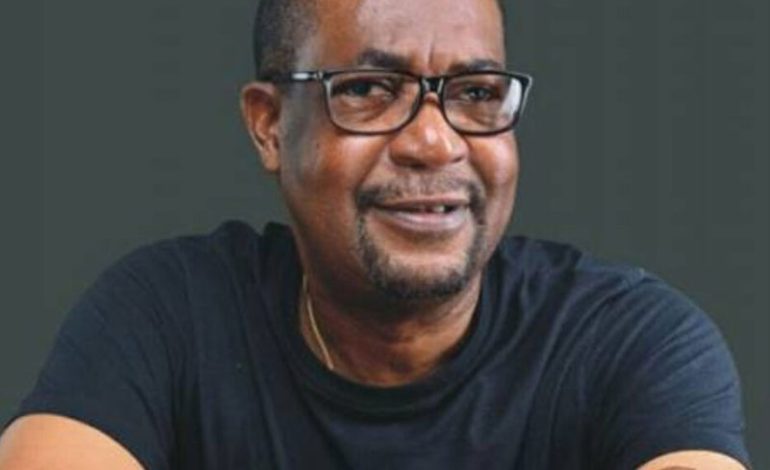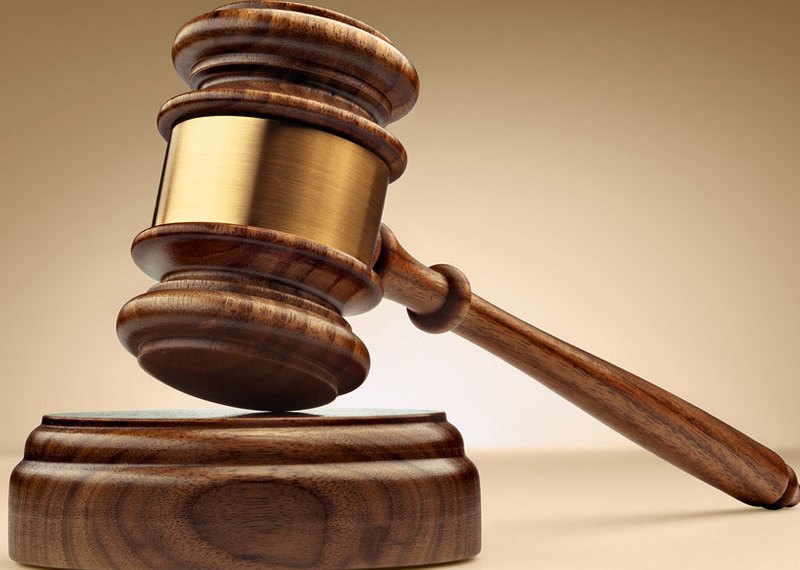EFCC Releases Agunloye Amid Corruption Allegation


The Economic and Financial Crimes Commission (EFCC) has granted bail to former Minister of State for Power, Olu Agunloye, after a week in detention.
Spokesman for the EFCC, Dele Oyewale, confirmed Agunloye’s release on Wednesday.
Agunloye was declared wanted by the EFCC weeks ago over alleged involvement in a $6 billion fraud linked to the Mambilla hydropower project. The former minister voluntarily surrendered himself to the commission for questioning on December 13, a day after the declaration.
Sources within the EFCC, speaking on the condition of anonymity, disclosed that charges have been drafted against Agunloye, signalling the likelihood of impending legal action.
The EFCC further said that Agunloye would be arraigned in court in January 2024 on charges of official corruption and forgery to the tune of N6bn.
The former minister is accused of jumping the administrative bail previously granted to him, leading to the issuance of a court order to detain him for further investigations.
An associate of Agunloye, Oluwafisan Bankale, clarified in a statement that the former minister willingly presented himself to the EFCC and has been cooperating with the authorities. Bankale vouched for Agunloye’s integrity and stated that he remains in EFCC custody.
Agunloye has been a central figure in the controversy surrounding the Mambilla hydropower project, particularly regarding allegations made by former President Olusegun Obasanjo. Obasanjo accused Agunloye of irregularly awarding the project’s contract without Federal Executive Council (FEC) approval. In response, Agunloye denied the accusations and accused Obasanjo of misrepresenting facts.
The Mambilla hydropower project, initiated in 2003, has been embroiled in legal disputes and allegations of corruption. Agunloye insists that the project was intended to be executed as a Build, Operate, and Transfer (BOT) initiative at no cost to the Nigerian government, but the circumstances surrounding its execution were altered by subsequent administrations.


Hafsoh Isiaq is a graduate of Linguistics. An avid writer committed to creative, high-quality research and news reportage. She has considerable experience in writing and reporting across a variety of platforms including print and online.










